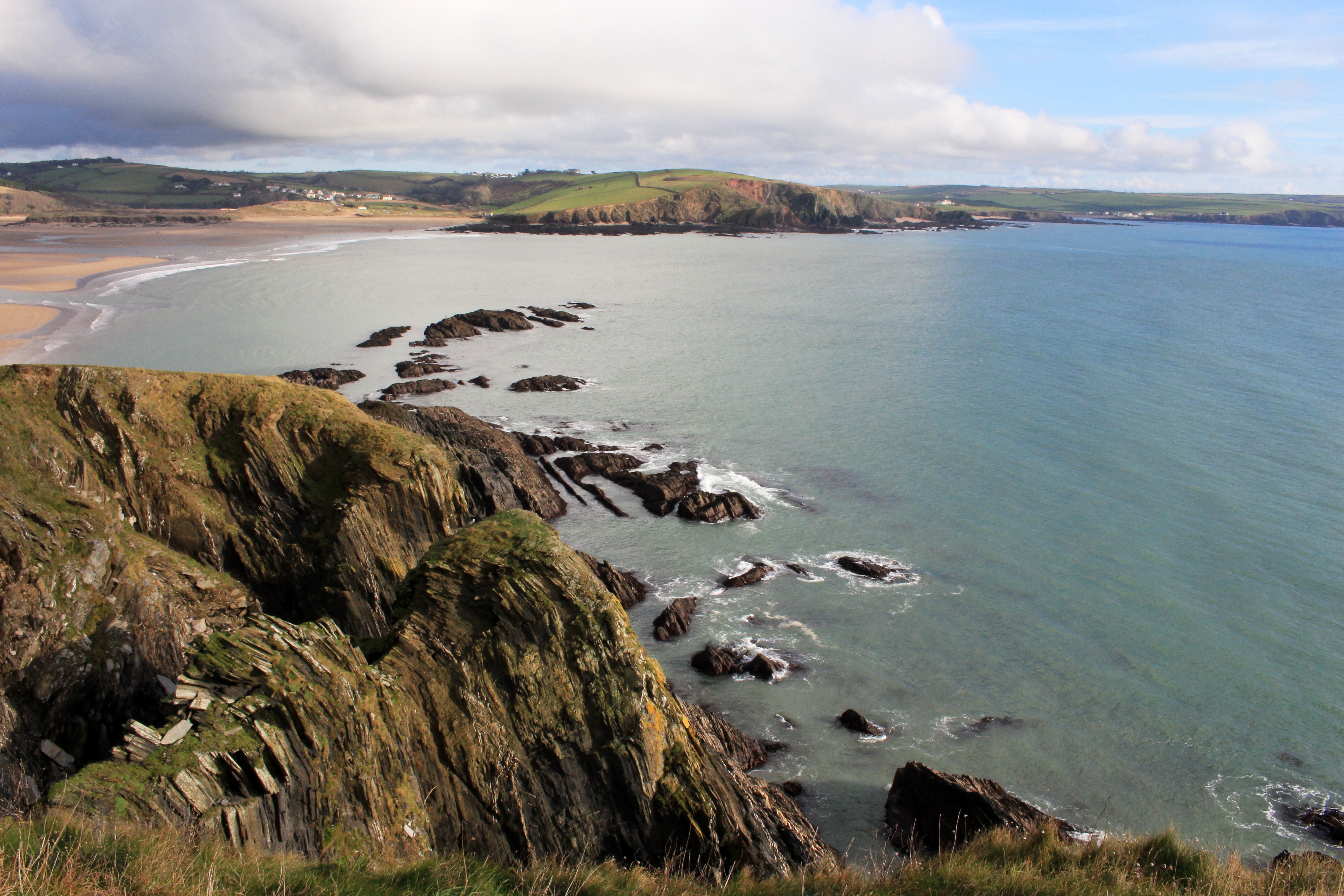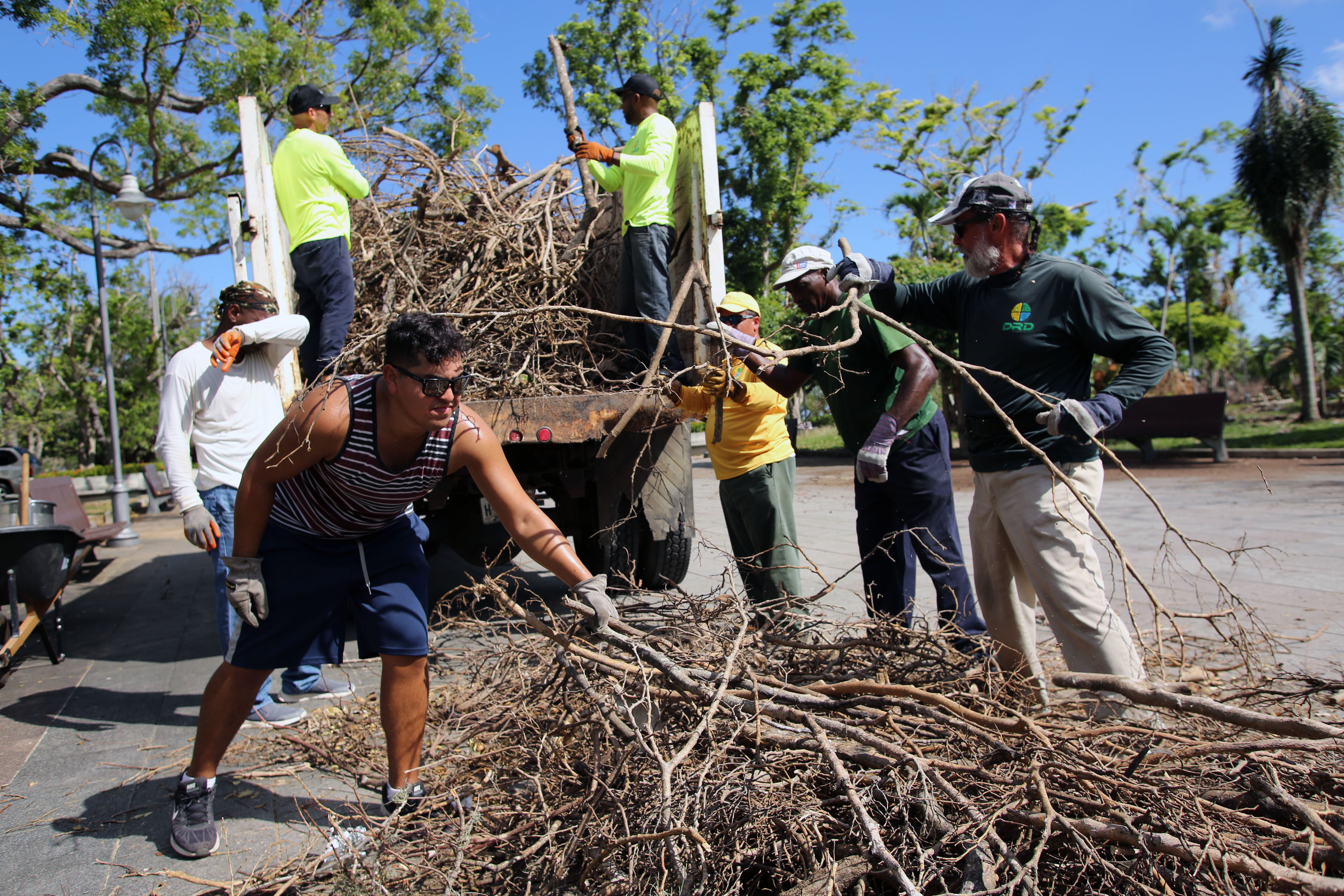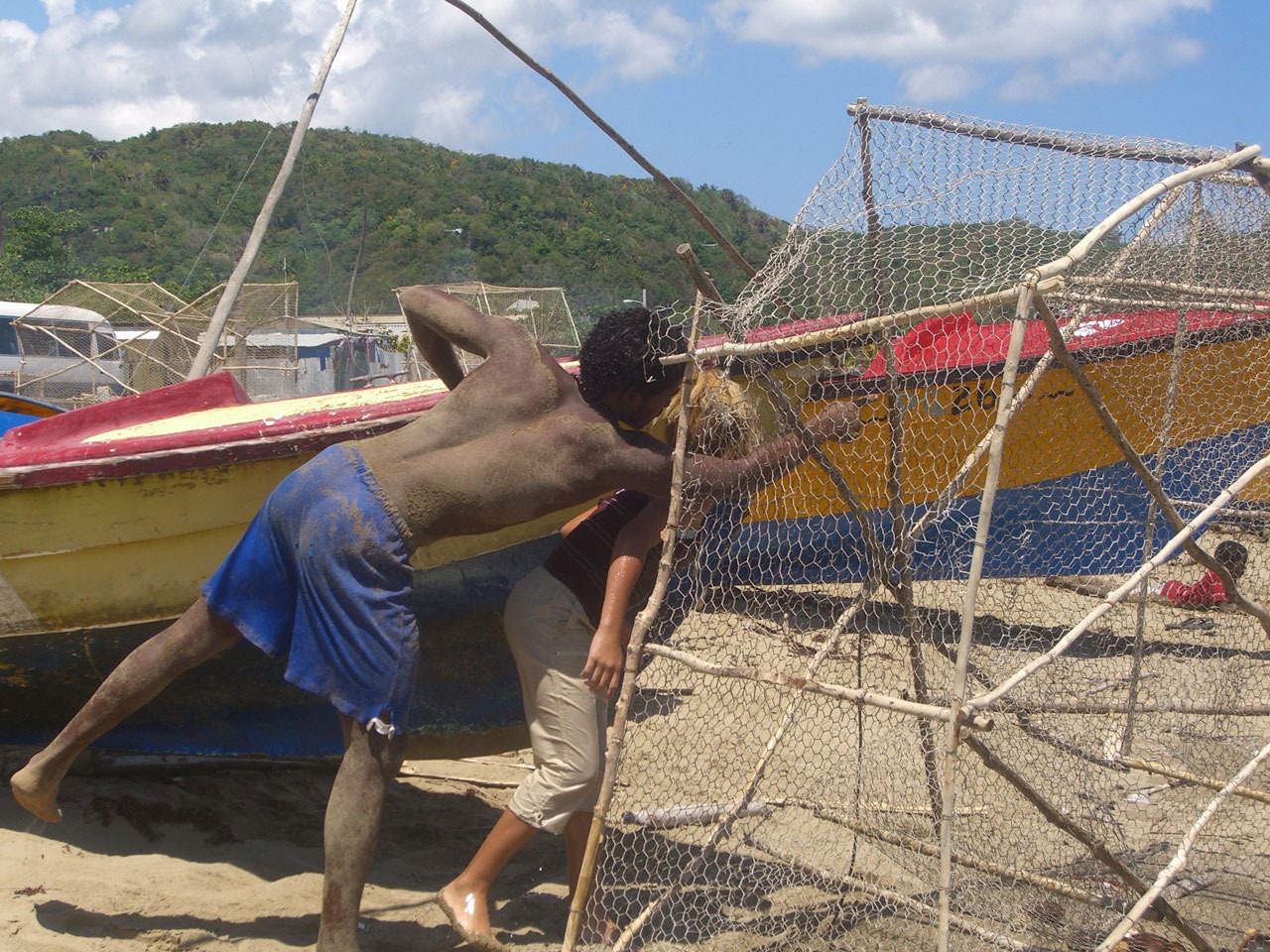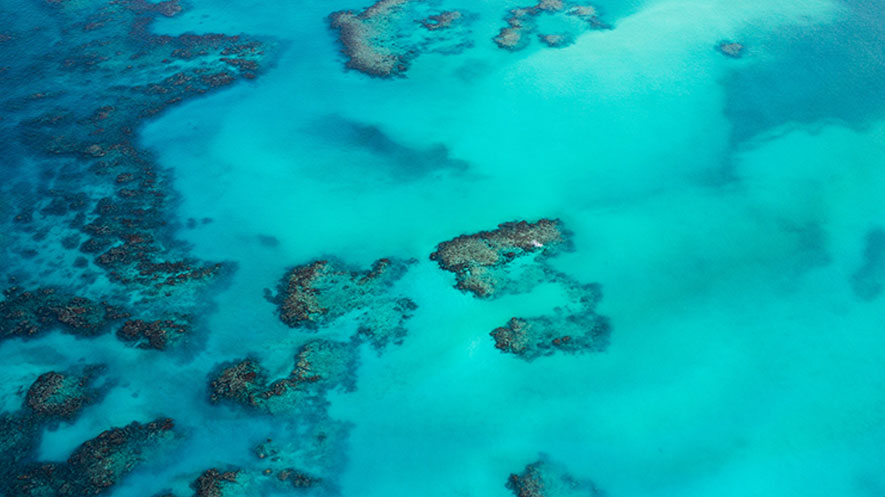The UK has made a number of high profile announcements this April regarding the future management and protection of the ocean.
On April 16 to 20, London hosted the Commonwealth Heads of Government Meeting (CHOGM) and Commonwealth Summit 2018 where 53 nations came together to address the shared global challenges and identify collaborative solutions.
 The Canyons Marine Conservation Zone (MCZ), located off the Cornish coast, covers an area of more than 650 km2 and was designated in 2013 to protect the cold-water corals found there. There are also extensive reefs off the west coast of Scotland where there are seven Marine Protected Areas safeguarding this fragile habitat from damage.
The Canyons Marine Conservation Zone (MCZ), located off the Cornish coast, covers an area of more than 650 km2 and was designated in 2013 to protect the cold-water corals found there. There are also extensive reefs off the west coast of Scotland where there are seven Marine Protected Areas safeguarding this fragile habitat from damage.
Protecting Marine Ecosystems
While coral reefs are usually associated with tropical, warm climates, the cold waters surrounding the UK are also home to corals over 8000 years old. The countries of the Commonwealth account for almost half of the world’s coral reefs and the UK government reports that over 250 million people across the Commonwealth depend directly on these reefs for food and income.
On April 9, High Commissioners and members of the UK’s science community gathered at the UK’s National Oceanography Centre (NOC) in Southampton to celebrate marine science taking place across the Commonwealth. Environment Minister, Thérèse Coffey, announced at the event that the UK has joined the Coral Reef Life Declaration, committing to safeguard coral reefs and bolster scientific research into the threats they face.
Environment Minister Thérèse Coffey said, “Few people know the waters around the UK contain riches to rival the tropics – with our waters home to a vast array of cold water coral reefs that protect important marine life. Through tapping into the UK’s world-leading marine science and working with our partners across the Commonwealth, we will help to safeguard this vital habitat and protect our oceans for future generations.”
The Coral Reef Life Declaration was launched by Prince Albert II of Monaco at the Our Ocean conference in Malta in October last year to encourage countries to come together to protect coral reefs. So far 12 countries have signed the declaration including Australia, Fiji, and the Seychelles.
The UK’s Foreign Office is said to be on course to safeguard over 4 million square kilometers of ocean by 2020 through its Blue Belt program. The program is providing £20 million over four years (2016 to 2020) to improve scientific understanding of the marine environment, develop and implement marine management strategies, and ensure sustainable and long-term management across the UK Overseas Territories.
The International Coral Reef Initiative has also declared 2018 as the International Year of the Reef.
 San Juan, Puerto Rico - Dec. 13, 2017: A work crew clears brush created by Hurricane Maria from a city park more than three months after the storm struck. Essential services remain at a fraction of their pre-storm capacities throughout the island.
San Juan, Puerto Rico - Dec. 13, 2017: A work crew clears brush created by Hurricane Maria from a city park more than three months after the storm struck. Essential services remain at a fraction of their pre-storm capacities throughout the island.
New Plans to Reduce Plastic Waste
At the start of the CHOGM, Prime Minister Theresa May announced the UK’s intention to ban the sale of plastic straws, drink stirrers, and plastic-stemmed cotton buds.
In the UK alone, a recent study shows that 8.5 billion plastic straws are thrown away each year. As part of plans to eliminate avoidable plastic waste, the government aims to work closely with industry to develop alternatives and ensure time to adapt.
“Plastic waste is one of the greatest environmental challenges facing the world, which is why protecting the marine environment is central to our agenda at the Commonwealth Heads of Government Meeting,” said Prime Minister Theresa May. “The UK government is a world leader on this issue, and the British public have shown passion and energy embracing our plastic bag charge and microbead ban, and today we have put forward ambitious plans to further reduce plastic waste from straws, stirrers, and cotton buds.”
The Prime Minister has called on all other Commonwealth countries to join the fight against plastic pollution by signing up to the newly-formed Commonwealth Clean Oceans Alliance and taking action such as banning microbeads or cutting down on single use plastic items. As part of this campaign, the UK government has committed a £61.4 million package to boost global research, help reduce plastic waste across the Commonwealth, and prevent it from entering the oceans.
The Prime Minister continues, “Alongside our domestic action, this week we are rallying Commonwealth countries to join us in the fight against marine plastics, with £61.4million funding for global research and to improve waste management in developing countries. The Commonwealth is a unique organization, with a huge diversity of wildlife, environments and coastlines. Together we can effect real change so that future generations can enjoy a natural environment that is healthier than we currently find it.”
 Fisherman on a beach in Jamaica
Fisherman on a beach in Jamaica
Building Resilience to Natural Disasters
On April 16 at a Commonwealth summit side-event, researchers showcased their work under the ‘Building Resilience to Natural Disasters using Financial Instruments’ program. The £1.8 million program is jointly funded by NERC, the Department for International Development (DFID) and the Economic & Social Research Council (ESRC) and led by seven UK universities. While working closely with insurance companies, risk disaster authorities and charities, researchers will explore how environmental and social science research can underpin the development of disaster risk financing schemes.
"We know that acting early can drastically reduce the impact of natural disasters in the developing world, saving lives and livelihoods, and improve the effectiveness of disaster response,” explains NERC Director of Research & Innovation Professor Tim Wheeler. “Our collaborative projects will bring the latest environmental science to support disaster preparedness and strengthen the development of disaster risk financing systems, helping countries respond and recover when they are hit by natural disasters."
The work is funded through the UK government's Global Challenges Research Fund and will support the newly established Centre for Global Disaster Protection. The center is working with developing countries to strengthen pre-disaster planning, embed early action, and use disaster risk financing to speed response and recovery to natural disasters.
Enabling Sustainable Marine Economies
There are 31 Small States in the Commonwealth, 25 of which are Small Island Developing States (SIDS) facing several common threats including their small size and populations, remoteness, narrow economic bases, and vulnerability to natural disasters. Most of these SIDS are also addressing common challenges with overfishing, loss of habitats, and lack of connectivity and modern hydrographic data.
On April 19, the UK’s Foreign Secretary Boris Johnson announced the commitment of £9 million over a two year period to protect the marine environment and drive economic development in Commonwealth SIDS which include Fiji, Samoa and Tonga.
“Britain is using its seafaring prowess to help reverse the decline of our oceans,” said Foreign Secretary Boris Johnson. “Our oceans are the largest living space on Earth with a delicate and complex biodiversity. They are not only integral to the economy, but crucial to supporting the cultures, food and security of the world. We must as a Commonwealth protect our marine inheritance. That’s why today’s £9 million will help Commonwealth small island states sustainably develop their maritime environment to create jobs and drive growth.”
The funding will be delivered through the Commonwealth Marine Economies Program, a joint initiative between the NOC, the Center for Environment, Fisheries and Aquaculture Science (Cefas), and the UK Hydrographic Office. The government claims that the program, launched in 2015, is designed to leave a lasting legacy of growing self-sufficiency by helping SIDS ‘make the most of their natural maritime advantage, to enable sustainable economic growth and alleviate poverty’.





